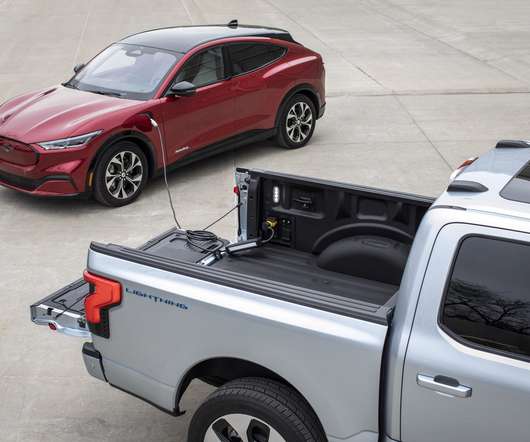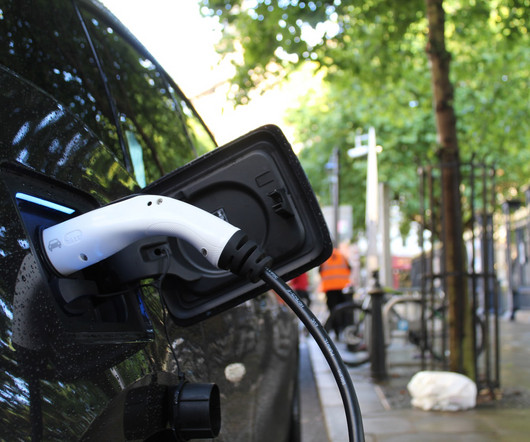The US’ EV incentives are being updated: Here’s some useful tips
Teslarati
JULY 2, 2022
Many states determine eligibility by fuel type, class of vehicle, whether the vehicle is new or used, and how the vehicle will be used (commercially or personally). Some of the most significant incentives exist or will exist, in Colorado, Connecticut, Illinois, Delaware, and Maryland. What do you think of the article?












Let's personalize your content